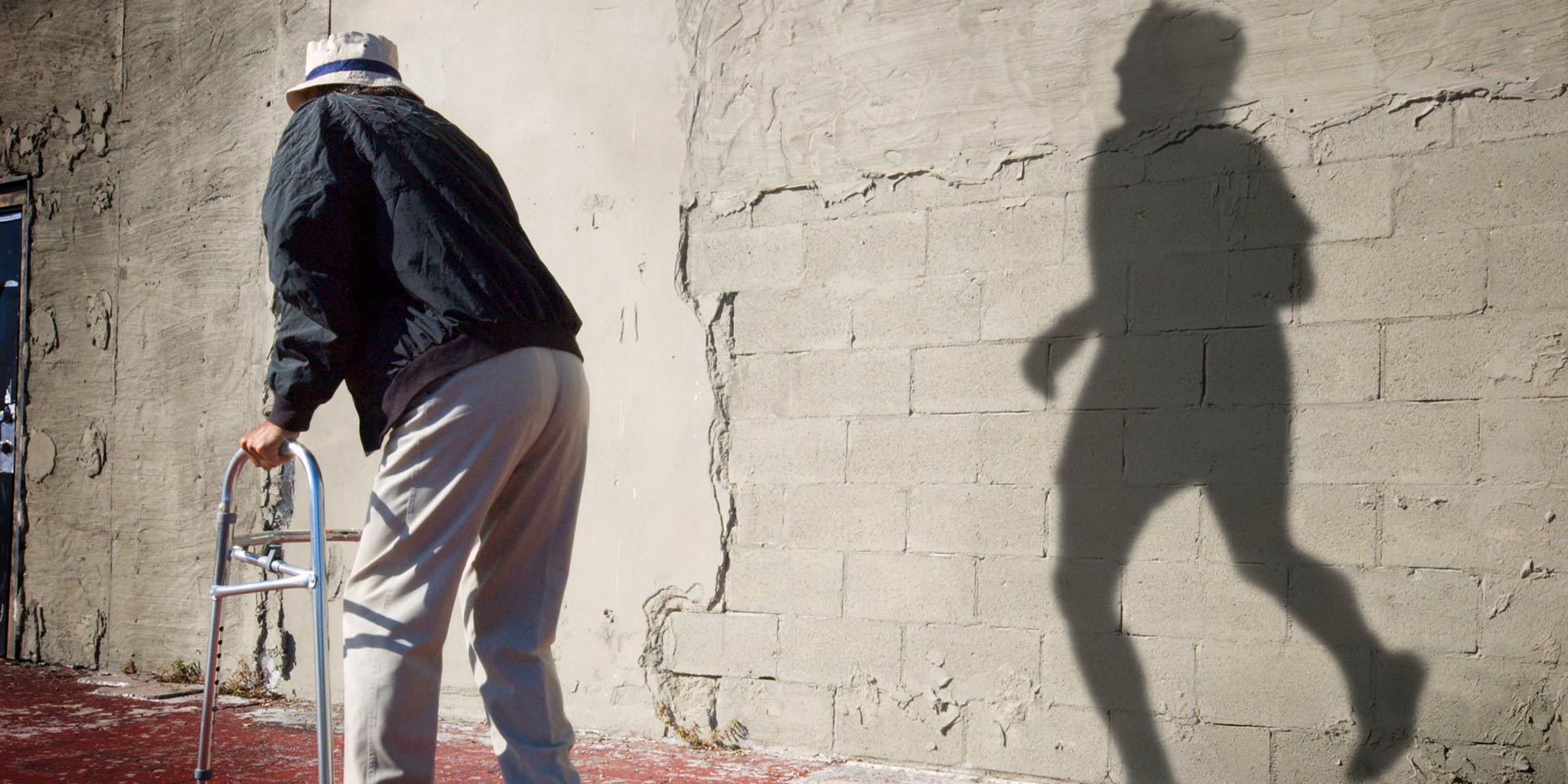It’s strange how popular the saying What doesn’t kill you, makes you stronger is, when it’s obvious that it is not what hits you that makes you stronger, but the way you take the hit.
Towards the end of 2019 the BBC compiled a list of the most 100 inspirational women worldwide and, among them, a young news anchor from Japan, Mao Kobayashi, was mentioned.
In 2014, when she was just 32 years old, Kobayashi was diagnosed with cancer, and in 2016 she found the illness had progressed to stage 5. Initially she was very reluctant to speak in public about her condition (especially within her Japanese culture, which discourages talking about any subject that might show signs of weakness) and she tried as best as possible to hide the news of her illness. However, two months after a tabloid published the news, the young star took a leap of faith which overnight turned her into a national hero. Kobayashi launched a personal blog detailing the ways in which cancer changed her life and the BBC reported that this became the most popular blog in Japan.
 On her blog, the young woman recounted how she initially hoped that the illness would be just an unintentional pit stop, and that after she was cured, she would go back to all the things she had stopped doing because of her deteriorating health. “But it hasn’t been that easy and I still have cancer”, she said.
On her blog, the young woman recounted how she initially hoped that the illness would be just an unintentional pit stop, and that after she was cured, she would go back to all the things she had stopped doing because of her deteriorating health. “But it hasn’t been that easy and I still have cancer”, she said.
Reality violently defied her dream to come back to the life she loved. And the clash was so insidious that, for a while, it seemed to be nailing her to the ground. “Because all I wanted was for things to come back to the way they were before, I isolated myself more and more, moving further and further from the person I wanted to be.”
She came to her senses when the doctor treating her, and who had been following her progression for a year and a half, gave her advice that radically changed her perspective: “Do not hide behind your cancer”, he said. For Kobayashi this nudge was like a resurrection. “I then realised what had happened”, she said. “I was using cancer as an excuse to stop living. I was hiding behind my pain.”
This realisation helped the young news anchor look at her life with deeper honesty than ever: “If I were to die now, what would people say? ‘Poor thing, was she only 34’; ‘Oh my, to leave behind two young children…’ I don’t want people to think about me like this, because it’s not the illness that defines my life. My life has been rich and colourful—I had dreams come true, I sometimes struggled to follow my path, I knew the love of my life. I was blessed with two precious children. My family loves me and I them. I therefore decided to not let the time I had left be completely overshadowed by my illness. I will be who I want to be.”
An ocean away, Melissa Dohme was only 20 when she was forced to learn the same lesson, but for another reason. In 2012, her boyfriend, who she used to call the “gentle giant”, turned, without any warning, into an uncontainable monster. During a fit of jealousy fueled by the fact that Melissa was about to go to college, her boyfriend, Robert, beat her severely. She barely managed to free herself from his hands and call the police.
The police apprehended him and, although they released him after 10 hours, Melissa thought she was out of danger. Shortly after that, Robert changed his Facebook status into “in a relationship” and this strengthened the girl’s belief that they were both over it. One night, however, around 2 o’clock, Melissa received a phone call from Robert saying he had been to court that morning to close the file for domestic violence and he needed proper closure also in their relationship. All he wanted was one last hug. After ignoring her reluctance, Melissa tossed a pepper spray and her phone into her bag and went out to meet him.
Robert welcomed her with open arms. However, when he pulled her tight into his arms, Melissa felt Robert’s pocketknife, which he had hidden up until then, being thrust into her neck. “The first hits were extremely painful. I then went into a fight-or-flee state and fought back, biting into his hand. He hit me with his fists, and I yelled and did whatever I could, but I kept falling because I had lost a lot of blood.” Two teenagers who had heard them, ran to help the girl and called the police. Determined to finish what he had started, Robert went to his car to pick up a bigger knife and came back to stab her with it. “He wanted to kill me with all his heart. He knew the police were on their way and wanted to get it over with. He left me lying on the street, certain I would die. I could no longer do anything but pray that God would save me and give me a chance.”
God listened to her prayer and, once the ambulance took her, after multiple medical interventions, the young woman started on the long road to healing. Robert was detained by the police, after two suicide attempts, and eventually got a life-long sentence. Melissa had to work hard to regain her looks. Most of the hits she took were at the level of her head, and they left her with a fractured nose, toothless and with numerous marks on her face. She nonetheless persevered and, slowly, she partially regained her mobility—a few knife blows had affected her facial nerve and important muscles for face movement.
Today, Melissa is a motivational speaker and works for an NGO that fights domestic violence. Furthermore, this year she is due to marry one of the ambulance team members who saved her life, Cameron.
Like Mao Kobayashi, Melissa confessed that, despite the suffering she had been through, she is grateful: “Today I just feel extremely blessed to be here. I know the attack is but one day in my life and it will never define me.”
For those learning about Kobayashi’s and Melissa’s experiences, these are just two drops in what might look like an endless ocean of human suffering. Naturally, it raises the question: “Is there no other way?” Is it really necessary for human existence to be a sinister museum of pain, violence, and injustice? The stories of the two women do not answer this question. On the contrary, many will claim that the question itself has no answer to start with. What the two life stories manage to do, however, is invite us to a different perspective, one in which we seek the cause by extrapolation.
Instead of naturally pushing us to generalise suffering, comparing it with all the situations that we can think of which have to do with suffering, the two stories suggest we do the exact opposite: not to generalise, but to focus. Instead of zooming in on the suffering and blotting out everything else around it, instead of letting it become the focal point of our understanding of life, we are encouraged to zoom out and look at larger life instead, where suffering is just one of many components of living.
Besides, it would be unjust to grant suffering power over not only a period in our lives, but over our whole lives. And it would be equally unjust, from this perspective, to live the remainder of our time trying to avoid suffering, resorting to all kind of tricks, as if we could get rid of it altogether at some point. Unfortunately, it’s impossible to completely avoid suffering and any efforts along those lines are pointless. The good news, however, is that we can experience happiness in the midst of suffering.
How is this possible? Because happiness does not mean the absence of suffering. Just look at the number of people who are unhappy without any concrete pain or minimum reasons to complain about something. Happy is the one who enjoys the road to a certain target. This is why, in the context of suffering, happiness can sometimes be synonymous with the desire to recover or adapt our path according to our ultimate purpose, even when this path is paved with obstacles. We are happy, not by running back to the starting line, to that place where we had not yet encountered any barriers, but by continuing to run towards the target.
The attack on the Ataturk airport in Istanbul was another situation which called for repositioning towards inevitable suffering and the fear of the future that results from being aware of it. The message back then still holds true: suffering can be gracefully endured if the one living through it expresses it. By this, not only does he release his own tension but he also enlightens those around him by his example. Eventually, this is what it means to give suffering meaning, even when you don’t know its cause. This is yet more proof that, although not everything happens for a reason, nothing happens for nothing.
Alina Kartman is a senior editor at ST Network and Semnele timpului.



















